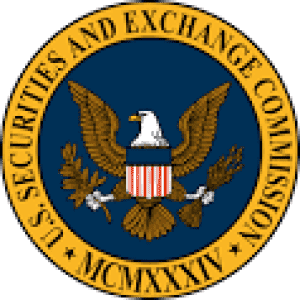FINRA
|
The Financial Industry Regulatory Authority (FINRA) is a self-regulatory organization (SRO) overseeing brokerage firms and their registered representatives in the United States. Established in 2007, FINRA has played a crucial role in ensuring the stability and integrity of the U.S. financial sector.
FINRA History
FINRA was created in 2007 as a result of merging the National Association of Securities Dealers (NASD) and the regulatory arm of the New York Stock Exchange (NYSE). The merger aimed to streamline financial regulation in the United States and provide more comprehensive oversight of the securities industry.
FINRA Scope and Supervision
FINRA’s primary objective is to protect investors and maintain the integrity of the U.S. financial sector. Its wide-ranging responsibilities include:
- Licensing and regulating brokerage firms and their registered representatives: FINRA oversees approximately 3,600 brokerage firms and more than 600,000 registered representatives, ensuring they adhere to strict regulations and maintain market stability.
- Supervising securities trading and market conduct: FINRA is responsible for monitoring securities trading activity and market conduct, ensuring proper disclosure, transparency, and fair trading practices.
- Implementing anti-money laundering and counter-terrorism financing measures: FINRA enforces compliance with anti-money laundering (AML) and counter-terrorism financing (CTF) regulations to maintain the integrity of the financial system.
- Protecting investors: FINRA works to safeguard the interests of investors by enforcing regulations, promoting transparency, and raising awareness of potential risks.
FINRA Investor Compensation Guarantees
While FINRA does not directly administer an investor compensation fund, it enforces regulations that require brokerage firms to be members of the Securities Investor Protection Corporation (SIPC). The SIPC provides compensation to eligible investors in cases where a member brokerage firm becomes insolvent or fails. The SIPC covers investments up to $500,000 per investor, with a maximum of $250,000 for cash claims. These guarantees ensure that investors are protected from the adverse effects of brokerage firm failures.
Organization Type
FINRA is a not-for-profit, self-regulatory organization (SRO) that operates under the jurisdiction of the U.S. Securities and Exchange Commission (SEC). Its SRO status allows FINRA to make impartial decisions in the best interest of the financial markets and investors. FINRA is governed by a board of governors, which is responsible for setting the strategic direction and ensuring effective oversight of the organization’s operations. The day-to-day operations of FINRA are managed by its CEO, who is supported by a team of specialists and experts.






